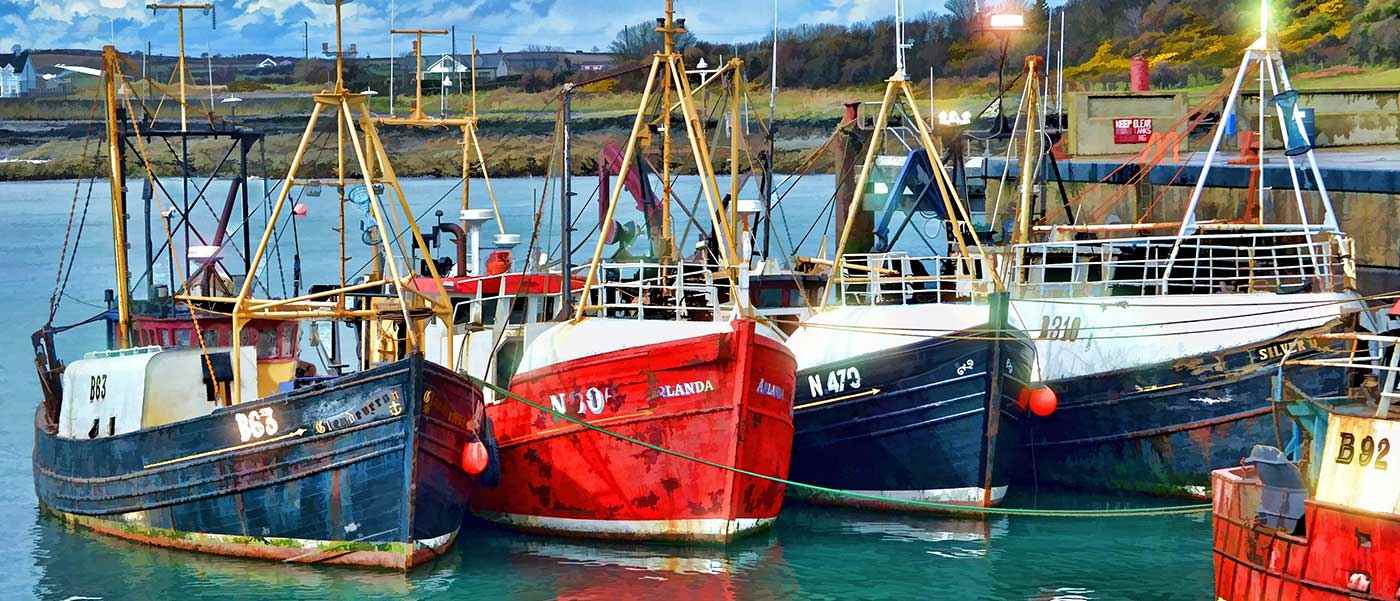Seamanship

Operating Sea Vessels
Seamanship generally refers to the art and science of handling, operating and working sea vessels. Seamanship is a skill that requires extensive knowledge of the operation, management, maintenance, navigation and safety of the sea vessels both on and off the seas.
Core Seamanship Skills
There are a lot of important technical and soft skills that the seaman must imbibe. These include:
1) General-ship Management
One of the core skills is the ability to see to proper management of the water vessel. This includes regular maintenance of the parts and equipment involved with the water vessel. It may also involve the management of the staff and crew on the vessel.
This involves deck equipment operation and management, vessel accounting, and risk management, amongst others.
2) Ship-handling
One of the most important skills of a professional seaman is maneuvering the ship with precision. Unlike inland transportation, a water vessel is subject to the waves that the sea makes and the water’s movement beneath it. There is nothing the seaman can typically do about this, but a skilful seaman must navigate such situations.
Ship-handling also involves being able to arrive at, and depart from the ship storage, between narrow channels and harbours and close to other shops. All the while, the ship-handler must be able to do this safely.
Proper ship-handling requires the seaman to understand the wind and tide and how to navigate among other vessels on the water.
3) Weather Forecasting and Metrology
Water transportation, just like we have in the air, is subject to weather performance. Not all times are conducive for a water vessel to embark on a journey on the seas. Thus, the seaman must be able to use technology to make weather forecasts and also be able to make deductions from those forecasts.
4) Maritime Law and Politics
Some laws govern the movements of water vessels on the waters. Some of these laws are national, made by a country’s government. Many others are however international, made by such bodies as the International Maritime Organization (IMO). The seaman must at least be aware of these basic laws, and act accordingly while on water.
Furthermore, the seas are the property of nations and their governments. Often, waters and the transportation done through them, have been sources of controversies and even conflicts between countries. Thus, the seaman needs to understand the politics involved in all of these and be able to act properly, accordingly.
For instance, the seaman from one country should know well not to sail into the coasts of another hostile country.
5) Communications
Things do not always go as planned while on the water. This is because skirmishes do occur. Thus, the seaman must communicate with persons in the vessel traffic service (VTS).
Several other soft skills are required for good seamanship. These include critical thinking, decision making, sound judgement, and problem-solving skills.
We have to highlight the importance of the seaman being open to learning. The maritime industry is highly dynamic, and it is important for the seaman to always be on top of these changes.
